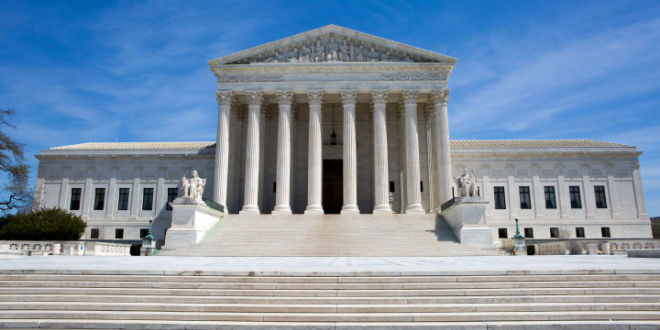Last week the Supreme Court issued their 9-0 ruling in a long-running dispute between Idaho landowners and the Environmental Protection Agency known as Sackett v. EPA.
The ruling curtails the EPA’s authority to regulate certain wetlands that qualify as “waters of the United States” under the Clean Water Act, curbing what has long been seen as a key tool to protect waterways from pollution.
While the court ruled unanimously in favor of the Idaho couple, Michael and Chantell Sackett, that brought the case, it did split 5-4 in its reasoning.
In the majority opinion authored by Justice Samuel Alito, the court found that the EPA’s interpretation of the wetlands covered by the Clean Water Act is “inconsistent” with the law’s text and structure, and the law extends only to “wetlands with a continuous surface connection to bodies of water that are ‘waters of the United States’ in their own right.”
EPA Administrator Michael S. Regan said in a statement after the ruling, “I am disappointed by today’s Supreme Court decision that erodes longstanding clean water protections. The Biden-Harris Administration has worked to establish a durable definition of ‘waters of the United States’ that safeguards our nation’s waters, strengthens economic opportunity, and protects people’s health while providing the clarity and certainty that farmers, ranchers, and landowners deserve. These goals will continue to guide the agency forward as we carefully review the Supreme Court decision and consider next steps.”
It’s been argued that the decision will in effect significantly reduce the number of wetlands protected by the Clean Water Act. However, it will also provide property owners with greater clarity and flexibility in utilizing their land free from government regulation.
“The Court’s ruling returns the scope of the Clean Water Act to its original and proper limits,” said Damien Schiff, a senior attorney at Pacific Legal Foundation who argued the case. “Courts now have a clear measuring stick for fairness and consistency by federal regulators. Today’s ruling is a profound win for property rights and the constitutional separation of powers.”
 California Water News Daily Your Source For Water News in California
California Water News Daily Your Source For Water News in California


